The Hunt
(La Caza)
Carlos Saura / Spain / 1965 / 88 min
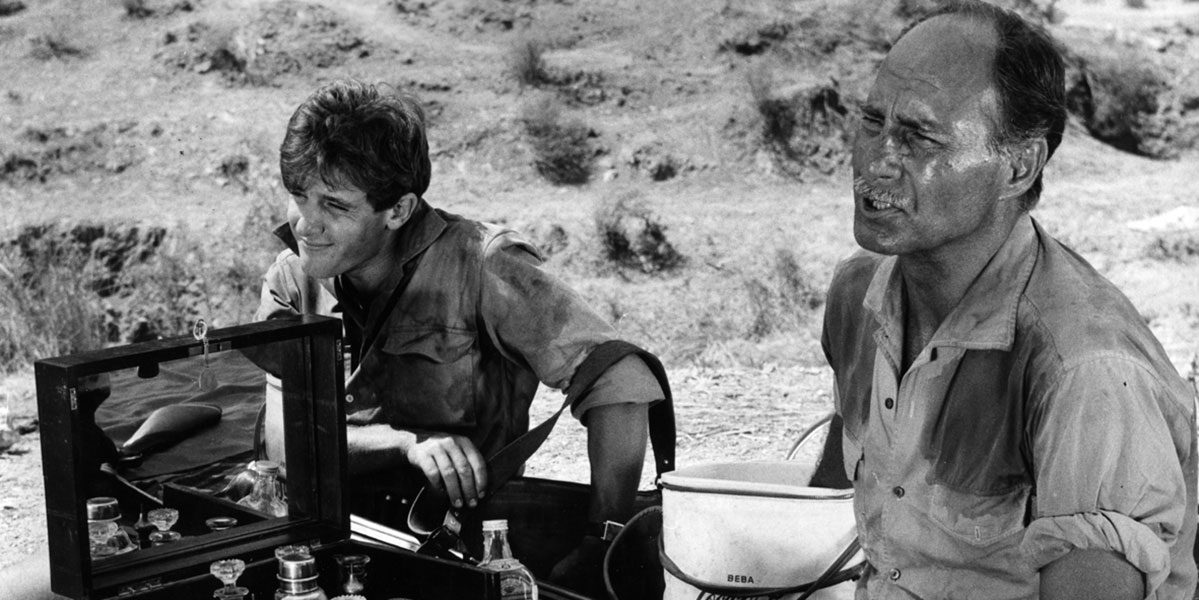
Related Films
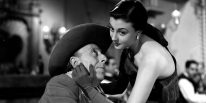 Welcome Mister Marshall!(¡Bienvenido Mister Marshall!)Luís García BerlangaThe witty, multi-layered and subversive Welcome, Mr Marshall! – a watershed in Spanish cinema history – captures the intrigues and insecurities ...
Welcome Mister Marshall!(¡Bienvenido Mister Marshall!)Luís García BerlangaThe witty, multi-layered and subversive Welcome, Mr Marshall! – a watershed in Spanish cinema history – captures the intrigues and insecurities ...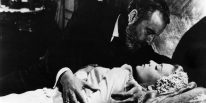 ViridianaLuis BuñuelLuis Buñuel’s Palme d’Or-winning masterpiece of subversive cinema. Awarded the Cannes Palme d’Or, this was Buñuel’s sole interruption of his ...
ViridianaLuis BuñuelLuis Buñuel’s Palme d’Or-winning masterpiece of subversive cinema. Awarded the Cannes Palme d’Or, this was Buñuel’s sole interruption of his ...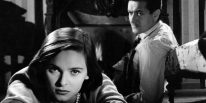 Death of a Cyclist(Muerte de un Ciclista)Juan Antonio BardemAn adulterous couple hit a cyclist while driving on a deserted highway. Bardem’s most celebrated solo effort centres on the angst of an adulterous ...
Death of a Cyclist(Muerte de un Ciclista)Juan Antonio BardemAn adulterous couple hit a cyclist while driving on a deserted highway. Bardem’s most celebrated solo effort centres on the angst of an adulterous ...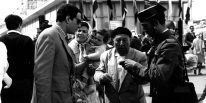 The Executioner(El Verdugo)Luís García BerlangaBerlanga’s most elegant film tells the story of a funeral-home employee who marries a government executioner’s daughter and – in order to get an ...
The Executioner(El Verdugo)Luís García BerlangaBerlanga’s most elegant film tells the story of a funeral-home employee who marries a government executioner’s daughter and – in order to get an ... Aunt Tula(La Tía Tula)Miguel PicazoA widower finds himself falling for his sister-in-law. For his intelligently staged debut feature – a film about women making decisions of whom to ...
Aunt Tula(La Tía Tula)Miguel PicazoA widower finds himself falling for his sister-in-law. For his intelligently staged debut feature – a film about women making decisions of whom to ...Spanish with English subtitles
Three friends go hunting in a sun-scorched area pockmarked by Civil War trenches. The story explores the interaction among three friends who go hunting with 20-year-old Enrique in a dry, sun-scorched area pockmarked by rabbit holes and old Civil War trenches. As the day wears on and the heat intensifies, the three older men find it harder and harder to hold back the tensions among themselves. Their lives have taken different paths, and each man confronts the other in clashes that ultimately reproduce the fratricidal war for which this film is a resounding metaphor. Due to the political circumstances of the historical moment in which Saura made his film, a moment that, through censorship, imposed the need to resort kind of a subterfuge or “underground” narrative mechanisms if they wanted to convey messages of a certain draft. It is likely that to a large extent, some of the keys of The Hunt can be found in the necessity imposed by the environment in which the author and his work moved.